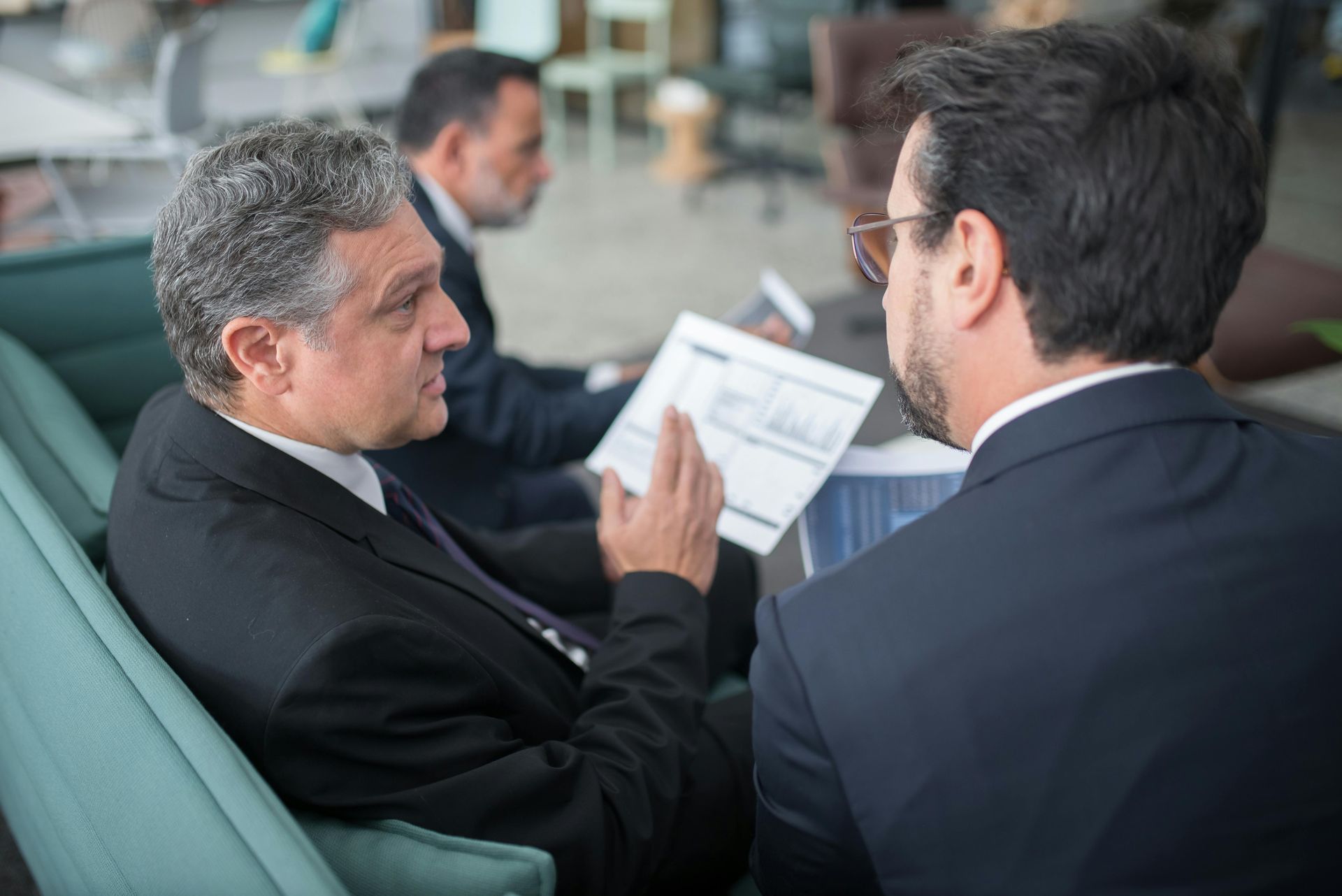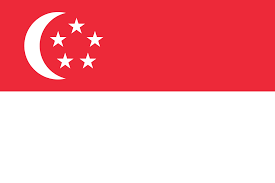IAEA Legal Standards: A Further Colloquy
Note:
As recounted earlier on NPF, Dr. Ford recently participated in the exchange in the Bulletin of the Atomic Scientists on the subject of whether or not the IAEA was properly applying legal standards vis-à-vis Iran. The second round of this colloquy was recently published by the Bulletin . NPF reproduces below the second round of the exchange between Daniel Joyner , Dr. Ford, and Andreas Persbo . The Bulletin plans to publish a third (and final) round of comments from each participant over the next three weeks.
THE PAST IS NOT THE PRESENT, by Daniel Joyner
A non-nuclear weapon state's noncompliance with its Comprehensive Safeguards Agreement (CSA) does not per se constitute treaty breach. This is a fine legal point, but an important one. Historically, noncompliance with safeguards agreements -- which can include minor technical accounting omissions or mistakes -- has happened frequently and by many different countries.
Former IAEA Deputy Director General Pierre Goldschmidt notes in a 2009 article that, since 2003, the IAEA director general has reported to the Board of Governors on matters of noncompliance with safeguards obligations by Iran, Libya, South Korea, and Egypt. He also notes that the actions taken by the board in each case were inconsistent: It only referred Iran to the UNSC.
I agree that, in 2004, Iran was properly determined to be in noncompliance with its safeguards obligations. But that was eight years ago, and IAEA safeguards have now been applied to all of the facilities and activities cited by the board. As I noted in Round One, the IAEA director general has consistently confirmed that all safeguarded material in Iran is currently in peaceful use. Thus, in accordance with the agency's only lawful standard of investigation and assessment, Iran's 2004 safeguards noncompliance has been remedied, and Iran now is in full compliance with its obligations.
Ford argues that the Subsidiary Arrangements agreed to between Iran and the IAEA are legally binding. I disagree with this conclusion. He also writes that noncompliance with subsidiary arrangements by a non-nuclear weapon state per se constitutes noncompliance with the relevant CSA. There is simply no support for this assertion in the CSA. All of the CSA provisions that Ford cites only delineate the subjects that should be addressed in the subsidiary arrangements. They do not bear on the question of the relationship between the two documents.
The Additional Protocol is not legally binding on Iran, and its expanded mandate for the IAEA's investigations and assessments is not applicable to Iran's case. The UN Security Council's decisions have not changed this fact.
The CSA that is currently binding on Iran does not give the agency the authority to assess the completeness of Iran's declaration -- that is, whether undeclared fissile materials exist -- but only its correctness. If the CSA provided otherwise, there would have been no raison d'être for the Additional Protocol. Brazilian governor Machado Quintella, for example, highlighted this distinction during her remarks at the 860th Board of Governors meeting in 1995. It is a critical point misunderstood by both Ford and Persbo, who stress only the scope of safeguards in Articles 1 and 2 of the CSA. Viewing the agreement holistically, however, it is clear that the CSA sets up a system and a mandate for applying safeguards, which entails only (1) the state's declaration of specified materials on its territory and (2) the IAEA's verification that the declared materials are exclusively in peaceful use.
With regard to the argument, implied by both Ford and Persbo, that the UNSC has somehow deputized the IAEA through its decisions, and thereby given it some measure of extra authority to apply investigative or assessment standards in Iran's case, this is also fundamentally incorrect. While it can make decisions legally binding on Iran, as a UN member state, the UNSC does not have the power to give the IAEA additional authority to act outside of what it possesses pursuant to the agency's statute and its safeguards agreements with states. There is no basis in international law for this argument that one international organization can enlarge the authority of another international organization by fiat.
-- Daniel Joyner
"ALL" MATERIALS MEANS ALL MATERIALS, by Christopher Ford
In Round Two of this Roundtable, Professor Daniel Joyner discusses the IAEA's efforts to verify the absence of undeclared activities in Iran as an "additional and separate" legal standard imposed beyond Iran's Comprehensive Safeguards Agreement (CSA). He asserts that this "new" criterion is ultra vires. It is "irrelevant," he writes, whether there are undeclared nuclear materials or activities in Iran: It is enough merely that "all declared safeguarded nuclear material in Iran has not been diverted to non-peaceful use" (emphasis added).
This is a poor argument easily dispensed with, as indeed both Andreas Persbo and I have already done in our earlier contributions. (I have also reviewed this legal history in a recent briefing paper.) It's a shame to have to recapitulate, but obviously necessary.
In truth, there is nothing new or additional about the IAEA's responsibility for assessing whether undeclared nuclear activities exist in Iran, for it has had this role since Iran's CSA came into effect in 1974. (It has not always had investigative authorities adequate to this task, and did not always have reason to look beyond Iran's declarations, but that is a different question. In any case, the UN Security Council has done much to remedy this lack of tools vis-à-vis Iran.) Pursuant to Article 2 of Iran's CSA, the IAEA has "the right and the obligation to ensure that safeguards will be applied … on all source or special fissionable material in all peaceful nuclear activities within the territory of Iran, under its jurisdiction or carried out under its control anywhere."
Joyner does not explain how he interprets the word "all" here, but for him it apparently doesn't mean the whole amount, quantity, or extent of. Instead, it seems he would have Article 2 read something like: "to ensure that safeguards will be applied … only to whatever source or special fissionable material Iran chooses to declare to the IAEA." Of course, Article 2 doesn't actually say that.
It is not merely that Joyner's interpretation is inconsistent with the text. His standard would be weak in practice. As he has written, safeguarding all nuclear material in Iran covers nothing more than whatever is declared. By his interpretation, therefore, Iran would never have been in safeguards noncompliance, even when secretly working on uranium conversion, plutonium separation, and laser enrichment. (These things went on for years before being declared.) Nor does the confusion stop there, for Joyner offers no reason why Iran could not now amend its declaration to drop all mention of its enrichment program -- thus, absolving it of any need to apply safeguards to its fissile material production infrastructure. (For Joyner, in fact, nuclear work doesn't even have to be secret to fall outside safeguards jurisdiction; it just has to not appear in a declaration.)
The best phrase to describe this argument is more pungent than merely to term it "legally incorrect," but that will have to suffice here. Because the IAEA is charged with safeguarding "all" materials in Iran, the agency is necessarily and properly concerned whether nuclear material or activities have been omitted from Iran's declarations. It has not acted ultra vires.
Joyner laments that, in its search for undeclared activities in Iran, the IAEA has become a "politicized instrument" for the West, which he says taints "the important work" the agency has done in the past. His own interpretation of the law, however, would contravene Iran's CSA, gut nuclear safeguards, and facilitate nuclear weapons proliferation. The IAEA and the nonproliferation regime do not need the crocodile tears of such friends. They simply need their rules to be read clearly.
-- Christopher Ford
CORRECT AND COMPLETE IS THE NORM, by Andreas Persbo
No one is trying to argue that the present is the past. At the same time, it is fatuous to declare that history is irrelevant for contemporary policy choices, or for the interpretation of law. Law is decided by policy, and policy is often determined by experience. Iran has been found in non-compliance with its safeguards agreement, and this has colored the debate over the past decade.
The scope of the agreement is, as I noted in Round One, not limited to material declared by the state; it also includes material that should be declared. Borrowing from the director general : "the system such as it had developed up to the Iraqi case, had limited capability to deal with completeness. This was the result of practical, rather than legal, considerations." Since then, the agency has taken steps to strengthen safeguards.
These steps do not, in any way, mean that the IAEA cannot investigate the completeness of state declarations absent in an Additional Protocol. Such an interpretation is even rejected by the IAEA membership , which, in the latest safeguards resolution, noted "that the implementation of comprehensive safeguards agreements should be designed to provide for verification by the Agency of the correctness and completeness of a State's declarations." The General Conference sets policy, and I cannot find anything in its records that indicates a state objected to this formulation. Dan Joyner's argument appears to be deeply flawed: It not only goes against the apparent majority view on safeguards implementation, it also goes against the views of member states, including Iran.
It is important to be accurate in a debate, and Joyner has failed to be so. At no point has the IAEA director general, neither past nor present, "consistently confirmed that all safeguarded material in Iran is currently in peaceful use" as Joyner confidently declares. Rather, they have stated that the agency has been able to "verify the non-diversion of declared nuclear material in Iran" or that it "continues to verify the non-diversion of declared material."
The difference is fundamental. What the agency is saying is that it can confirm that all material declared by Iran is where Iran says it would be. The IAEA does not say that all material in Iran is accounted for. It cannot make this statement unless Iran provides them with further access under the Additional Protocol. Regrettably, the agency draws a similar conclusion for more than 50 other member states. When the IAEA is able to assure the absence of undeclared nuclear material and activities for each of these states, it will be able to draw a conclusion about the absence of undeclared material. Not before.
Finally, no one likes to have words placed in one's mouth. I have made no implied argument about the role of the Security Council in safeguards implementation, as Joyner alleges. Since he brought it up, however, it suffices to say that the council has played a minor role as far as safeguards are concerned. The council, as Joyner well knows, has simply decided that Iran should take those steps identified by the IAEA Board of Governors. This hardly amounts to "deputization." I therefore leave Joyner's underhand argument without further consideration.
-- Andreas Persbo









